The epicentre of the Muslim universe, Mecca attracts hundreds of thousands of believers every year. Pilgrimage, Politics, and Pestilence studies the organization and meanings of the Haj from India during colonial times and analyses it from political, commercial, and medical perspectives–between 1860, the year of the first outbreak of cholera epidemic in Mecca, and 1920, when the subject of holy places of Islam became a very powerful political symbol in the Indian subcontinent. Contrary to the general belief about colonial policy of non-intervention into religious subjects, the book argues that the state, in fact, kept a close watch on the pilgrimage.
Saurabh Mishra examines the medicalization of Mecca through cholera outbreaks and the intrusion of European medical regulations. He underscores how the Haj played an important role in shaping medical policies and practices, debates and disease definitions. The book explores how the Indian Hajis perceived, negotiated, and resisted colonial pilgrimage and medical policies in their quest of an intense spiritual experience.
The author recovers the hitherto unexplored perspective of pilgrims’ voices–in travelogues, memoirs, newspaper reports, and journals–to present a nuanced analysis of the interaction between religious faith and colonial public health policies during the age of steamships and empire.

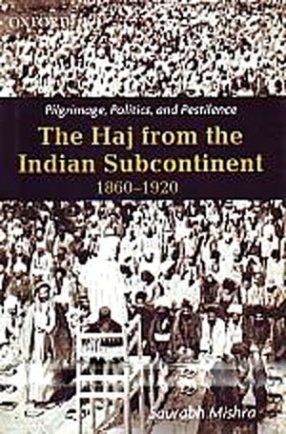
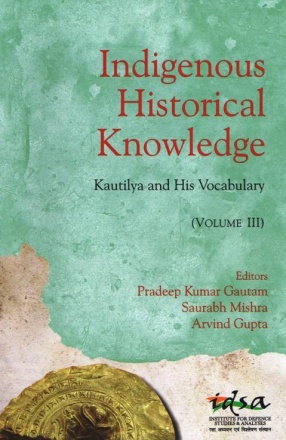
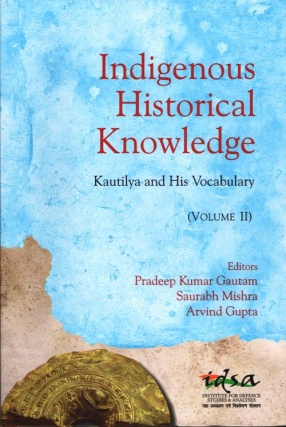
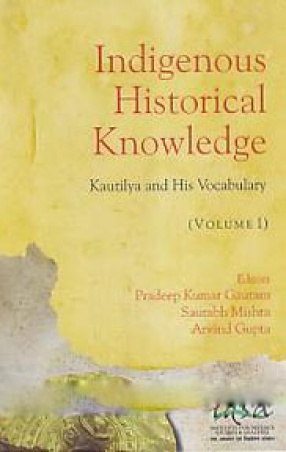
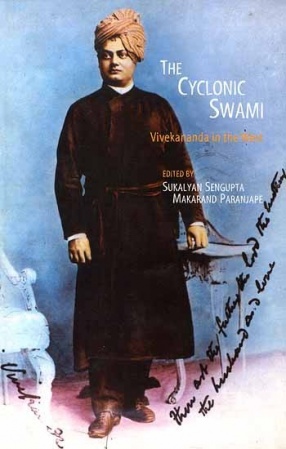

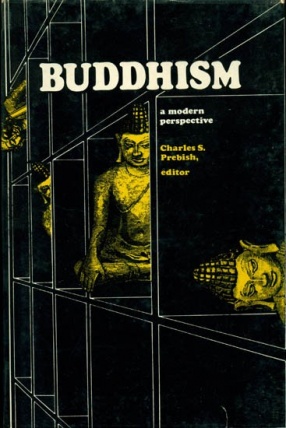
There are no reviews yet.